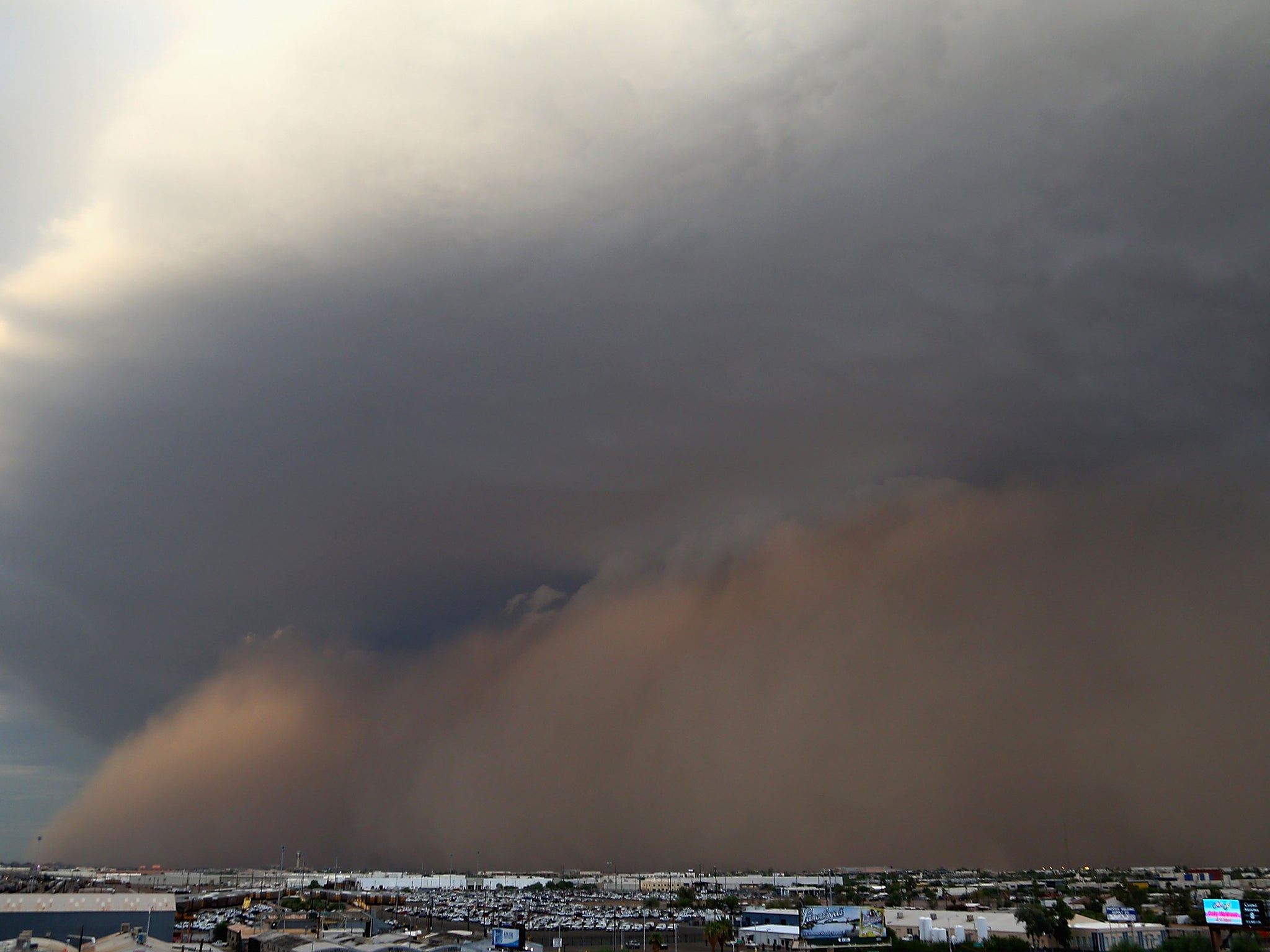Toxic smog and ‘blood rain’ health warnings issued as Saharan dust cloud arrives in UK
At this rate, it’s more likely to be a red than white Christmas

Your support helps us to tell the story
From reproductive rights to climate change to Big Tech, The Independent is on the ground when the story is developing. Whether it's investigating the financials of Elon Musk's pro-Trump PAC or producing our latest documentary, 'The A Word', which shines a light on the American women fighting for reproductive rights, we know how important it is to parse out the facts from the messaging.
At such a critical moment in US history, we need reporters on the ground. Your donation allows us to keep sending journalists to speak to both sides of the story.
The Independent is trusted by Americans across the entire political spectrum. And unlike many other quality news outlets, we choose not to lock Americans out of our reporting and analysis with paywalls. We believe quality journalism should be available to everyone, paid for by those who can afford it.
Your support makes all the difference.Health warnings have been issued for England and Wales as a potentially hazardous cloud of Saharan dust arrives in the UK.
Weather officials confirmed on Thursday morning the onset of “exceptionally mild” weather, high levels of pollution and rain showers which, if they combine, could lead to the phenomenon known as “blood rain”.
Asthma-sufferers, the elderly and those with breathing difficulties were most at risk, with “moderate” pollution levels recorded this morning in South Wales, the Department for Environment, Food and Rural Affairs (Defra).
Defra said: "There is a risk of moderate or high levels of air pollution across parts of England and Wales on Thursday due to Saharan dust, although large uncertainties remain with the timing and amount of dust.
Saharan dust is lifted from its source in west Africa by strong winds and is blown northwards in weather systems heading towards the UK.
It is lifted by strong winds and can reach very high altitudes. From there, it can be transported worldwide by winds, covering distances of thousands of miles before getting caught in rain droplets in clouds, falling to the ground in rain. When the water evaporates, a thin layer of dust is left on surfaces, such as cars.
Dr Sotiris Vardoulakis, head of Public Health England's Environmental Change Department, said: "While most people will not be affected by short term peaks in ambient air pollution, some individuals, such as those with existing heart or lung conditions, may experience increased symptoms.
"On occasions where levels are high, adults and children with lung problems, and adults with heart problems, should reduce strenuous physical exertion, particularly outdoors, and particularly if they experience symptoms.
The Met Office said yesterday that it was the fourth mildest start to December across the UK since 1960.
Despite a band of rain heading over Britain from the west today, the Met Office said temperatures are around 7C above average.
A Met Office spokesperson said: "Temperatures continue to be exceptionally mild today - it is going to be feeling 14C (57.2F) to 15C (59F) in most parts of the country.
"In Scotland, it will be around 12C (53.6F) to 13C (55.4F).
The Saharan dust is expected to return on Saturday, Defra said, while the Met Office said the unusually warm temperatures would likely extend into next week.
Join our commenting forum
Join thought-provoking conversations, follow other Independent readers and see their replies
Comments